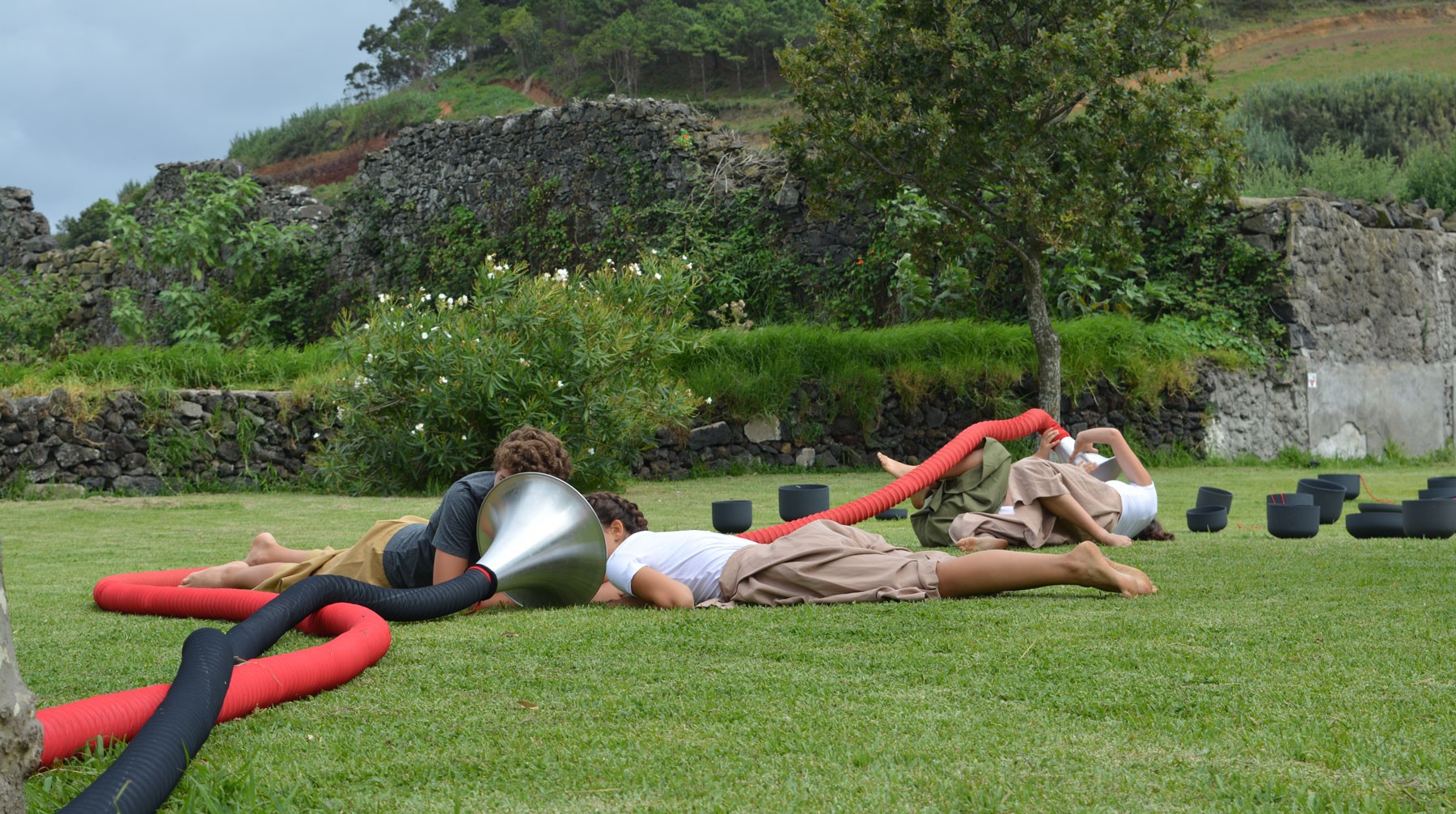In 20 years…
I was asked: “What will educators and teachers be like in 20 years?” I then started thinking: the world is changing at a dizzying pace, will that also change what educators and teachers will be like in 20 years? Maybe it will… and maybe it won’t, because there are principles and values that are timeless.
By way of example, and humbly, I will refer to the work I’ve always done throughout my long professional life, which has been grounded on what seemed to me to be the right principles.
I began by observing my students, whether they were children or adults, in order to get to know them better and better. I always made an effort to listen to them, as I believe that listening to students is more important than speaking. (Educators and teachers are far from knowing everything, and it’s not by spouting their knowledge that students learn or become more motivated. Speaking, yes, but only the essential).
From the very start, I tried to establish a strong emotional connection with the students.
And always present, occupying a prominent place, was the development of imagination and creativity. I believe it was Ortega Y Gasset who said: “The people who no longer create are either dead or, at least, moribund”.
I am convinced that these aspects, so important to me in the past, continue to be so today and will be so in the future.
What more can I wish for educators and teachers 20 years from now, aside from what I’ve already mentioned? That they do not choose this path simply because they need a profession, but because they feel called to it. This way, they’ll be passionate educators, and those who are can never be satisfied with just the diploma they’ve obtained. They always want to know more, to come into contact with new educational philosophies. I’ve done it too, whenever possible, so that I can give more to my students. And that’s what led me to meet Helena Rodrigues and the work she was doing with babies… which fascinated me.
How could I think that music should only be “brought” to children from the age of three, when I already knew that the first year of life is the most important… of the rest of their lives?
It’s also essential that educators and teachers do not isolate themselves, but try to collaborate with colleagues, as this will only enrich them. “Pedagogy is above all cooperation, and differences are what educate us,” said António Nóvoa recently.
António Nóvoa and I were both teachers who were passionate about what we did, and our mutual understanding was immediate. For a number of years – although much more superficially than when we were working with our students, given the short duration of these training sessions (two or three days) – we intuitively based what we were doing with those colleagues on the aspects I’ve mentioned above.
In reference to António Nóvoa, I recall a truly enriching experience I had with him: right after April 25, 1974, and at the request of the Ministry of Education, we visited Primary Teacher Training Schools (Escolas do Magistério Primário) all over the country to explain to the instructors what a new subject called “Movement, Music and Drama” was, which had been included in the Primary Education Program (currently the 1st Cycle of Basic Education) and had therefore also become part of the teacher training curriculum.
Finally, I recall what Sebastião da Gama, poet and teacher, wrote in his “Diary” about his challenging students, which can be summed up in the title of one of his sonnets: “O segredo é amar” (The secret is to love) – to LOVE the gifted and the less gifted students, the interested and the indifferent, the well-behaved and the rebellious, in other words: everyone!
And I sincerely hope that, in 20 years, those who dedicate themselves to education will still understand the meaning of this sonnet´s title and, above all, put it into practice, because that will be indispensable for successful pedagogy to flourish. Yes, indeed, “The secret is to love”.
Ana Ferrão
Music Teacher
